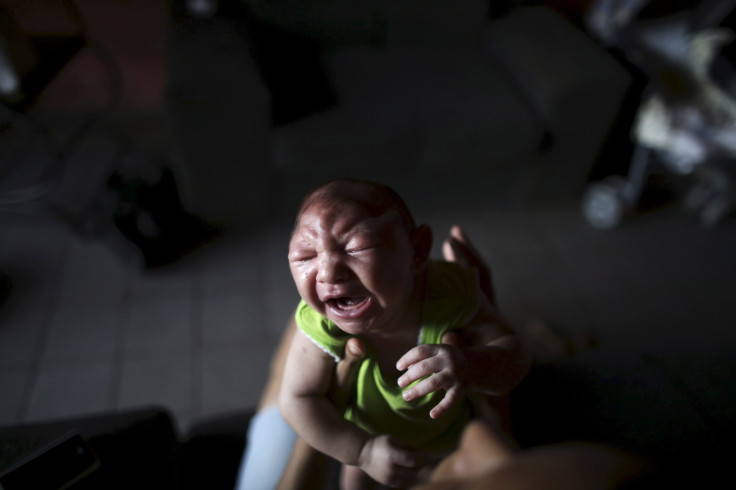Zika virus: Pro-choice Catholic group urges Church to stop condemning abortions as virus spreads

A Catholic pro-choice group has appealed to Pope Francis to stop condemning the use of contraception and abortions as the Zika virus continues to spread around the world.
Jon O’Brien, head of the Catholics for Choice group, said that the escalating international health crisis “gives Pope Francis an unprecedented opportunity to put his words into action and to help some of the world’s poorest women”.
The World Health Organisation (WHO) estimates that the number of people affected by the Zika virus could rise to four million this year. However the majority of victims will be from Latin America, which is home to over 40 percent of the world’s Catholic population.
Although the virus was initially thought to be contracted only through mosquito bites, the first sexually transmitted case of Zika was reported by health officials in the United States last week.
The case resulted in warnings from the WHO, which strongly reminded people in affected regions about the importance of practicing safe sex.
However, many countries in South America practice highly restrictive laws surrounding contraception and abortion, particularly as the Catholic Church remains opposed to abortion, based on the belief that life begins at conception and that to terminate a foetus is ‘killing’.
This could prove to be an issue to many women and their unborn babies in the region.
While not yet proven, research has shown a strong link between the Zika virus and a birth defect known as microcephaly, which causes babies to be born with abnormally small heads, resulting in severe cognitive and developmental impairment.
According to Guttmacher, The Dominican Republic, El Salvador and Nicaragua provide no legal access for women to abortions under any circumstances, and an additional six countries in the region only allow abortions to save a woman’s life.
In Brazil, the country most affected by the outbreak, abortion is legal only in cases of rape, when a woman’s life is endangered, and in cases of a severe foetal brain malformation known as anencephaly.
Earlier this month, the United Nations recommended that the region’s countries “ensure women, men and adolescents have access to comprehensive and affordable quality sexual and reproductive health services and information, without discrimination, including safe abortion” to fight the epidemic.
However, the criminalisation of abortion forces many women in the South America region diagnosed with Zika to give birth to their children regardless.
“What the Catholic faithful recognise is that abortion, like contraception, is part of the continuum of women’s healthcare,” said O’Brien.
“Since the church’s prohibition on contraception is wholly political, Pope Francis could lift it if he wanted to.
“Now is the time for Francis to show the compassion he preaches.”
Australia on Thursday confirmed its third Zika case, with a pregnant Queensland woman testing positive after returning from overseas travel.
RELATED: Zika virus cure - Australian health experts hope to stop infection via dengue fever program





















